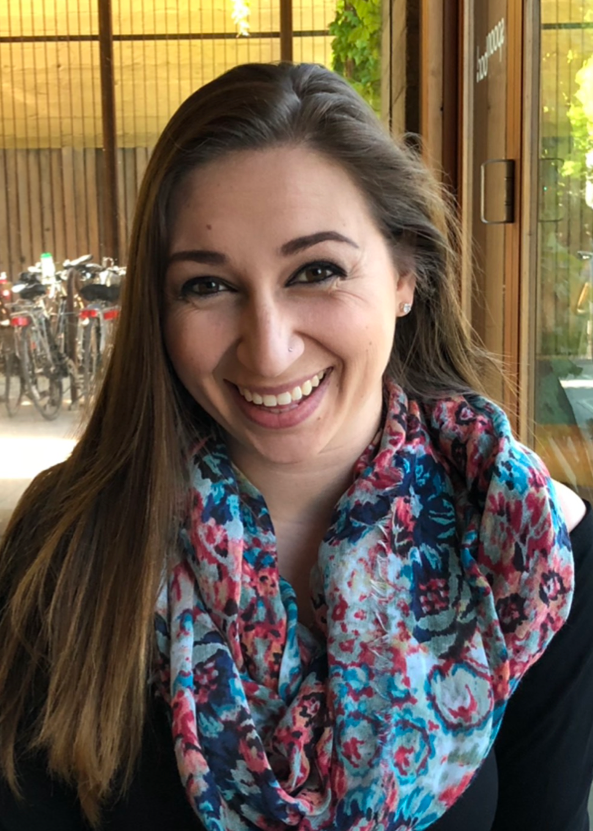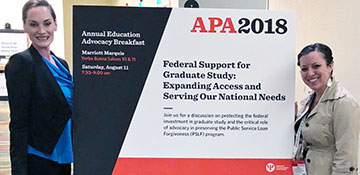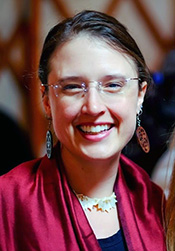Student Spotlight: Jennifer Rillamas Building Clinical Skills with Middle School Youth
Student Spotlight: Jennifer Rillamas Building Clinical Skills with Middle School Youth
 When choosing a graduate program, Jennifer Rillamas was drawn to the diversity of thought and backgrounds represented in the faculty and student body in the Counseling Psychology Program at the Wright Institute. “I felt the Wright would support me in my own diversity, and that this is where I was meant to be,” she explains.
When choosing a graduate program, Jennifer Rillamas was drawn to the diversity of thought and backgrounds represented in the faculty and student body in the Counseling Psychology Program at the Wright Institute. “I felt the Wright would support me in my own diversity, and that this is where I was meant to be,” she explains.
This feeling of belonging was strengthened when Jennifer and her colleagues decided to form an afternoon study group during their first semester. “This quickly became an incredibly supportive group,” Jennifer says. “We were able to bond outside of class while discussing academics and our personal lives. It was great that the Wright provided us with the space to form this group and support each other.”


 The 2018
The 2018  Shayna Quilty (SQ): Tell me about your history with the Wright Institute.
Shayna Quilty (SQ): Tell me about your history with the Wright Institute. Maya Bruhns, a graduate of the
Maya Bruhns, a graduate of the  Motivated by statistics that showed that the prevalence of autism was on the rise in the US and in other countries,
Motivated by statistics that showed that the prevalence of autism was on the rise in the US and in other countries, .jpg&w=200&h=200) Philip Keddy, PhD, an adjunct faculty member in the
Philip Keddy, PhD, an adjunct faculty member in the  Ulash Thakore-Dunlap, MFT, Full-time Faculty member in the
Ulash Thakore-Dunlap, MFT, Full-time Faculty member in the 